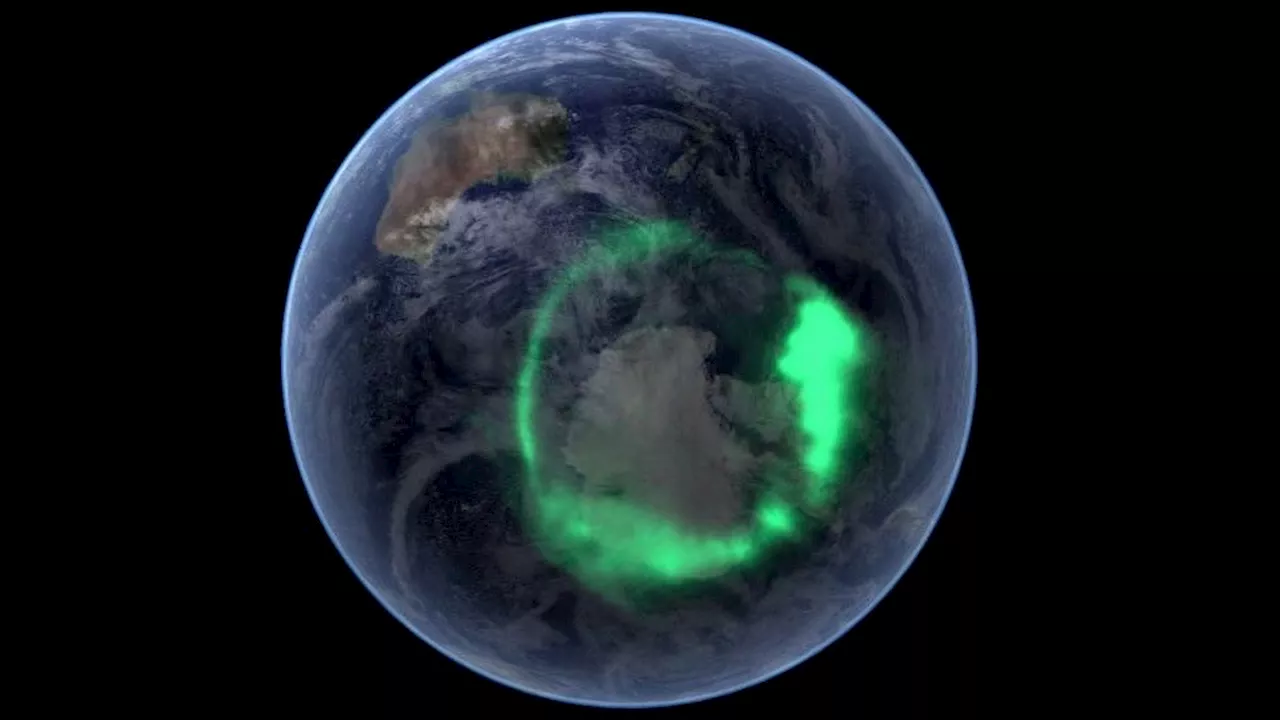To assess risk from heat, scientists use the 'wet bulb temperature,' looking at the point where the human body isn't able to let enough heat out.
Many countries have seen extremely hot weather lately, but in most of the inhabited world, it's never going to get"too hot for people to live here," especially in relatively dry climates.
In parts of the Middle East, Pakistan and India, summer heat waves can combine with humid air that blows in off the sea, and this combination can be truly deadly. Hundreds of millions of people live in those regions, most without access to indoor air conditioning. Is it climate change?When people burn carbon — whether it's coal in a power plant or gasoline in a vehicle — it creates carbon dioxide . This invisible gas builds up in the atmosphere and traps the sun's warmth near the Earth's surface.
Every bit of coal, oil or gas that ever gets burned adds a little bit more to the temperature. As temperatures rise, dangerously hot and humid weather has begun to spread to more places. All of these impacts mean that climate change threatens the global economy. Continuing to burn coal, oil and gas could cut global incomes by about 25% by the end of the century, according to one estimate.The bad news is that as long as we keep burning carbon, it will continue to get hotter and hotter.
United Kingdom Latest News, United Kingdom Headlines
Similar News:You can also read news stories similar to this one that we have collected from other news sources.
 Life Beyond Earth: Webb’s Spectroscopic Hunt for Earth-Like PlanetsScience, Space and Technology News 2024
Life Beyond Earth: Webb’s Spectroscopic Hunt for Earth-Like PlanetsScience, Space and Technology News 2024
Read more »
 Bret Michaels visits York County store: ‘I was impressed by how down-to-earth he was’The owner added that Michaels “seemed like a regular guy, and I was impressed by that.”
Bret Michaels visits York County store: ‘I was impressed by how down-to-earth he was’The owner added that Michaels “seemed like a regular guy, and I was impressed by that.”
Read more »
 Space photo of the week: James Webb and Chandra telescopes spot a 'lighthouse' pointed at EarthJamie Carter is a freelance journalist and regular Live Science contributor based in Cardiff, U.K. He is the author of A Stargazing Program For Beginners and lectures on astronomy and the natural world. Jamie regularly writes for Space.com, TechRadar.com, Forbes Science, BBC Wildlife magazine and Scientific American, and many others.
Space photo of the week: James Webb and Chandra telescopes spot a 'lighthouse' pointed at EarthJamie Carter is a freelance journalist and regular Live Science contributor based in Cardiff, U.K. He is the author of A Stargazing Program For Beginners and lectures on astronomy and the natural world. Jamie regularly writes for Space.com, TechRadar.com, Forbes Science, BBC Wildlife magazine and Scientific American, and many others.
Read more »
 Earth and space share the same turbulenceResearchers have discovered that the turbulence found in the thermosphere -- known as the gateway to space -- and turbulence in the troposphere, here closer to sea level, follow the same physical laws despite having drastically different atmospheric compositions and dynamics.
Earth and space share the same turbulenceResearchers have discovered that the turbulence found in the thermosphere -- known as the gateway to space -- and turbulence in the troposphere, here closer to sea level, follow the same physical laws despite having drastically different atmospheric compositions and dynamics.
Read more »
 Ancient crystals suggest freshwater on Earth 4 billion years agoSome scientists consider freshwater and dry land to be prerequisites for the emergence of life on Earth.
Ancient crystals suggest freshwater on Earth 4 billion years agoSome scientists consider freshwater and dry land to be prerequisites for the emergence of life on Earth.
Read more »
 Earth's upper atmosphere could hold a missing piece of the universe, new study hintsPaul M. Sutter is a research professor in astrophysics at SUNY Stony Brook University and the Flatiron Institute in New York City. He regularly appears on TV and podcasts, including 'Ask a Spaceman.' He is the author of two books, 'Your Place in the Universe' and 'How to Die in Space,' and is a regular contributor to Space.
Earth's upper atmosphere could hold a missing piece of the universe, new study hintsPaul M. Sutter is a research professor in astrophysics at SUNY Stony Brook University and the Flatiron Institute in New York City. He regularly appears on TV and podcasts, including 'Ask a Spaceman.' He is the author of two books, 'Your Place in the Universe' and 'How to Die in Space,' and is a regular contributor to Space.
Read more »
